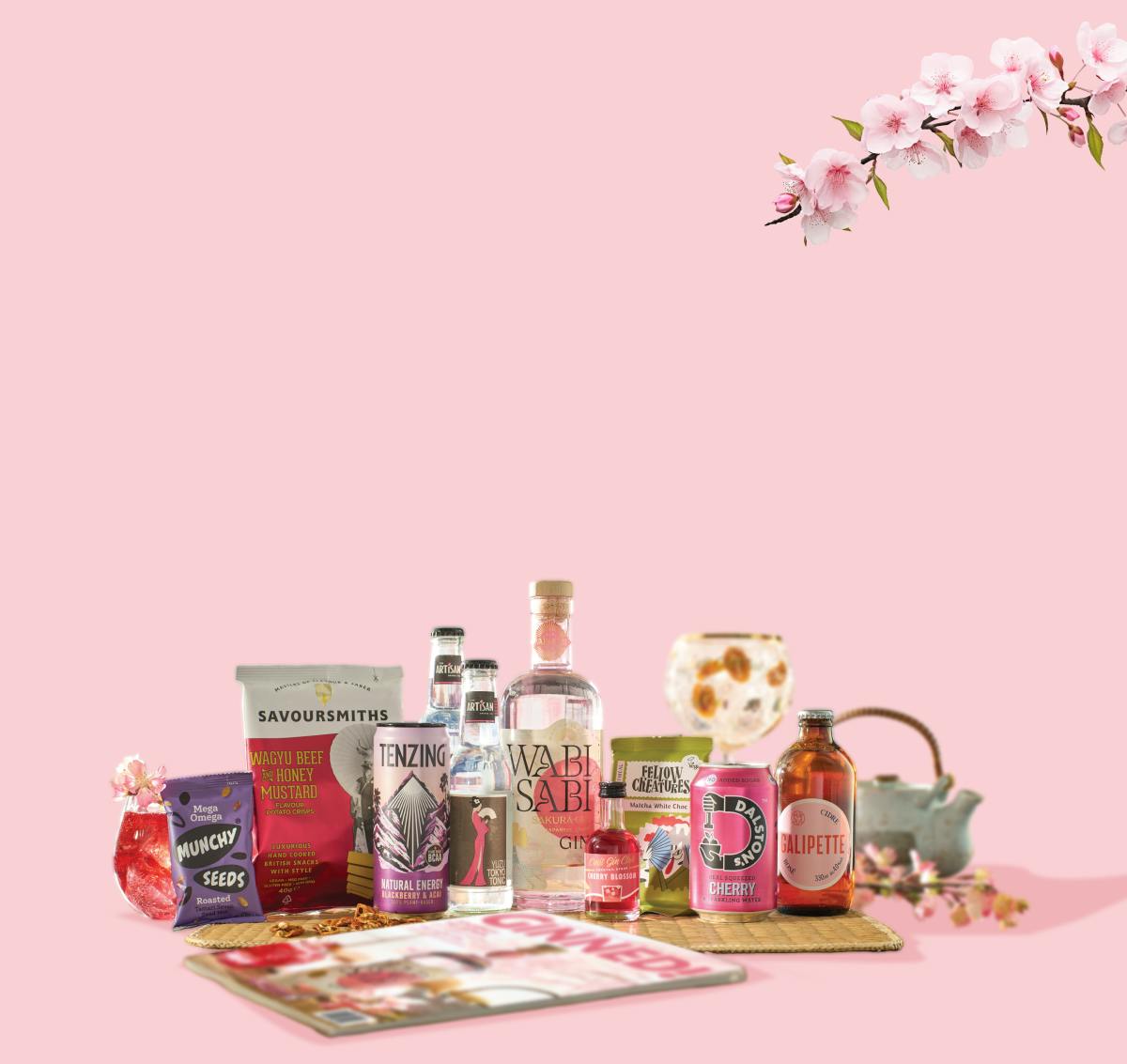Total flexibility, no commitment
A world of unique, crafted spirits
Easy, free and reliable delivery

Everything you need to know about Vodka!

We love a craft spirit here at Craft Gin Club, and vodka is a versatile one that is distilled and enjoyed worldwide - it makes a perfect base for mixed drinks and cocktails.
But what is vodka? How is it different from gin? How do you taste it? What’s the perfect serve? Here’s our one-stop guide to all things vodka…
What is vodka?
Vodka is a clear, neutral, distilled spirit, most often made from grain - like corn, wheat, or rye - or from potatoes. Unlike other spirits, there are no set regulations that govern the base ingredients - it can be distilled from almost anything that can be fermented to make alcohol.
Water makes up around 60% of the spirit, which is why good-quality craft vodkas use high-quality water sourced from springs and glaciers.
Where does vodka come from?
Russia and Poland were the first countries to make vodka in the 9th century. Vodka was then discovered by Western troops during World War 1 and 2, and the commercial production of the spirit spread to the USA and other Western countries.
Today, many craft distillers in the UK and beyond are turning their attention to vodka, bringing their own unique interpretations of this versatile spirit.

How is vodka different from gin?
While the spirits are similar, the ingredients and distilling processes are different.
Both have a neutral spirit base, but additional ingredients, botanicals, and spices are added to make gin - although botanical vodka is itself a growing trend.
The biggest difference is the fact that gin must legally contain juniper berries, which impart its characteristic piney notes.
What is botanical vodka?
You may be familiar with flavoured vodka, which emerged in the 1980s and is often loaded with sugar and artificial colours.
There is now an increasing trend for more natural, botanical vodkas, such as your Gattertop Botanic No. 7, the star of Craft Gin Club's first vodka box, which are made using plant-based botanicals and essences.
There are similarities to gin, but there is no juniper involved, meaning these spirits have a distinctive subtlety all of their own.
Can vodka freeze?

As vodka is typically around 40% ABV (the EU minimum is 37.5% ABV), it won't freeze until it’s around -27 degrees Celsius, much lower than your freezer.
However, keeping your vodka in the freezer overnight helps create a smooth consistency and flavour.
How many calories are in vodka?
Vodka is one of the spirits with the lowest calories, at roughly 100 calories per 50ml shot (a double measure).
For comparison, gin, whisky and tequila are 110 calories per 50ml.
What mixer should you use with vodka?
A fine botanical vodka like Gattertop needs a lightly flavoured mixer. But you can also opt for plain tonic, lightly flavoured sodas or even lemonade.
There’s also a great vodka martini recipe here…
Is vodka gluten free?
Yes, even when vodka’s made from wheat, barley or rye, the distillation process strips away the gluten proteins.
How do you taste vodka?
When it comes to tasting vodka, our Master Mixologist Dan knows a thing or two:
1. Look: Assess the clarity and appearance, - we're looking for crystal clear liquid.
2. Smell: Spirits are high in alcohol so be careful when nosing.
Keeping the mouth open will allow the scent to pass over the palate and avoid that 'burning' sensation you might get in the nostrils.

3. Taste: Sip first at room temperature.
Adding a few drops of water can really open up the flavour and aroma, especially with vodkas as they can be distilled from many different base ingredients including wheat, potatoes or even grapes.
What mixer should you use with vodka?
A fine botanical vodka like Gattertop needs a lightly flavoured mixer. But you can also opt for plain tonic, lightly flavoured sodas or even lemonade.
There’s also a great vodka martini recipe here…













